
How do you punish an aggressive dog for biting
When you reach for your pup’s favorite chew toy—one they’ve been growling over for 10 minutes—and feel their teeth sink into your hand, sharp and sudden, panic mixes with hurt.
The first crackle of fireworks on Independence Day sends your pup into a tailspin—pacing, ears flattened, barking so hard their whole body shakes, as if they’re trying to scare the noise away. For new dog owners in suburbs or cities, watching this panic raises a pressing question: Why do dogs bark at fireworks, even when they’ve never been hurt by them? It’s not stubbornness or “overreacting”—it’s their brain’s survival mode kicking in, a perfect storm of sensitive senses and ancient instincts that turns a festive display into a terrifying threat.
To understand their barking, start with their supercharged senses. A dog’s hearing is four times more acute than ours: what sounds like a distant boom to you registers as a deafening explosion right next to their head. Fireworks add another layer—bright, unpredictable flashes of light that disorient their eyes, which are built to detect motion but struggle with sudden bursts. This sensory overload triggers their “fight-or-flight” response, flooding their bodies with stress hormones like cortisol. Barking becomes their defense mechanism: it’s either a “warning” to the pack (you) that danger’s near, or a way to release pent-up fear, like how we might yell when startled. Breeds with naturally sensitive temperaments—think Greyhounds or Shih Tzus—often react more intensely, but even bold dogs like Labradors can develop this reflex after one overwhelming experience. Their brains simply can’t logic away the fear: if it’s loud and unexpected, it must be dangerous.
This reaction is rooted in their wild ancestry, too. Wolves and early dogs relied on alertness to survive—loud noises could mean predators or rival packs, so barking to signal danger was key to staying alive. Today’s dogs still carry that wiring: fireworks mimic the chaos of a threat, and their barking is a throwback to that protective instinct. It’s not that they “don’t get” the celebration—their DNA just hasn’t caught up to the idea that explosions in the sky are harmless.
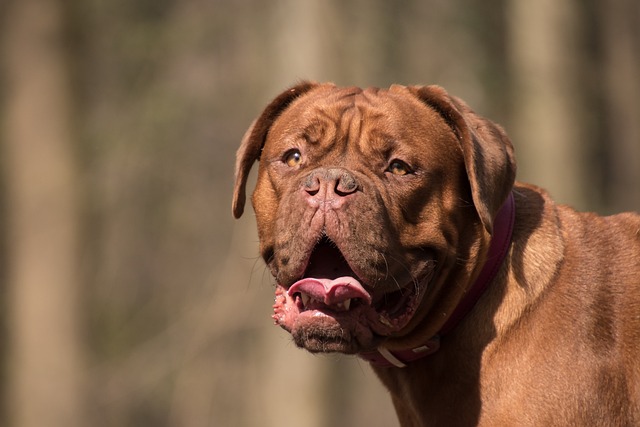
So how do you help them? Start by recognizing the barking as fear, not defiance. Create a safe space indoors: a quiet room with their bed, a blanket with your scent, and a fan or white noise machine to muffle sounds. My friend in Austin does this for her Beagle: he curls up in his crate with a frozen Kong, and the white noise drowns out enough of the booms to cut his barking in half. Desensitize them slowly, too—play low-volume firework sounds while giving treats, gradually turning it up over weeks. This teaches their brain, “Loud noises = good things,” not fear.
Always pair this with positive reinforcement. If they pause barking, offer a tiny treat and soft praise—never scold or yell, which only amplifies their panic. Physical punishment (shock collars, yelling) breaks trust, and studies show kindness builds resilience faster.
Responsible ownership ties in here, too. Ensure their vaccines (rabies, required nationwide) are current—stress weakens immune systems, and healthy dogs cope better. In apartments, soundproof their space with thick curtains to avoid disturbing neighbors, and skip walks during firework hours to prevent them from bolting. When out, always carry biodegradable poop bags—community care matters, even amid chaos.
Dogs bark at fireworks because their senses and instincts scream “danger.” With patience, safe spaces, and kindness, you can help them feel secure, turning a terrifying night into a manageable one—together.

When you reach for your pup’s favorite chew toy—one they’ve been growling over for 10 minutes—and feel their teeth sink into your hand, sharp and sudden, panic mixes with hurt.
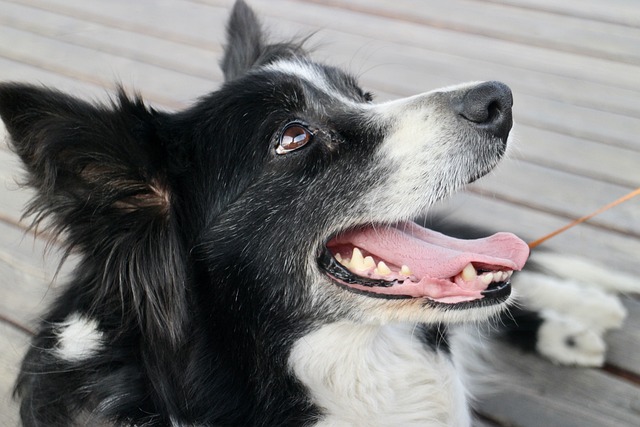
How to correct a disobedient dog? It's a frustration nearly every dog owner faces—whether it's a pup ignoring your “come” command, a adult dog jumping on guests, or a rescue with stubborn habits.
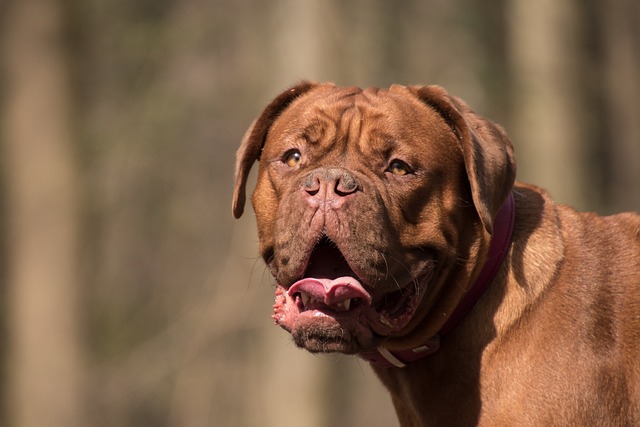
The first crackle of fireworks on Independence Day sends your pup into a tailspin—pacing, ears flattened, barking so hard their whole body shakes, as if they’re trying to scare the noise away.
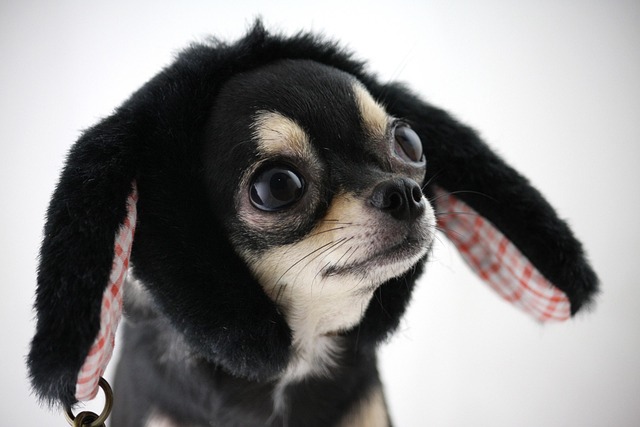
The Fourth of July backyard barbecue is in full swing when the first firework bursts—bright, loud, and sudden—and your dog explodes into a frenzy of barking
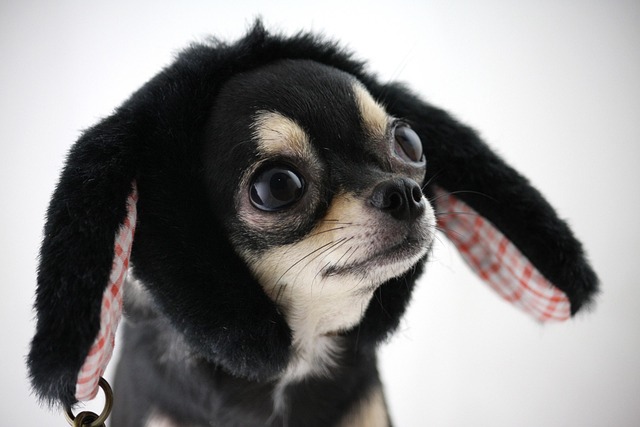
Waking up at 3 a.m. to your dog’s sharp barks, the sound echoing through your apartment, you fumble for your phone

There’s that familiar midnight struggle: you’re jolted awake by your pup’s nonstop barking at the window, the sound bouncing off your apartment walls as you check your phone